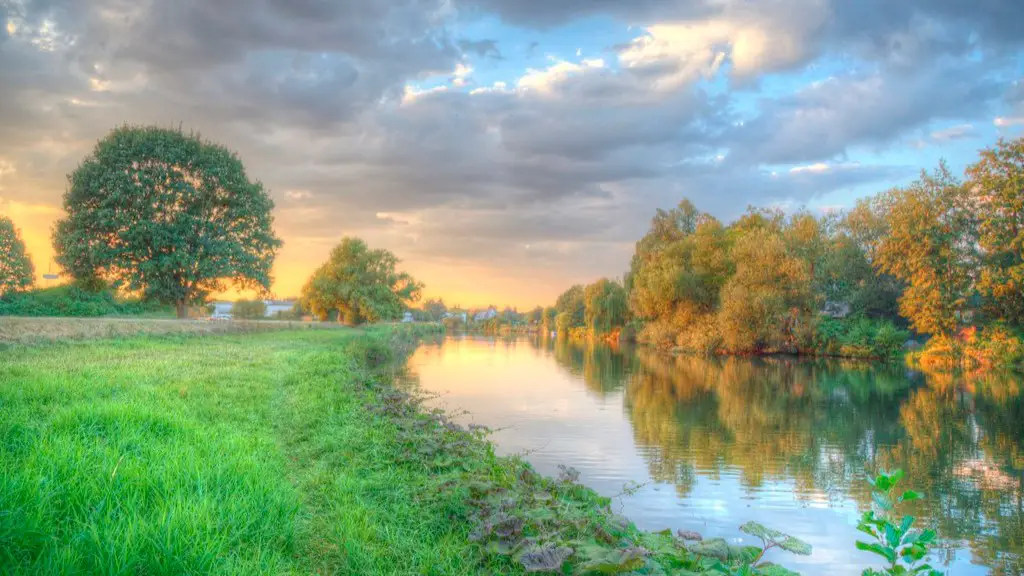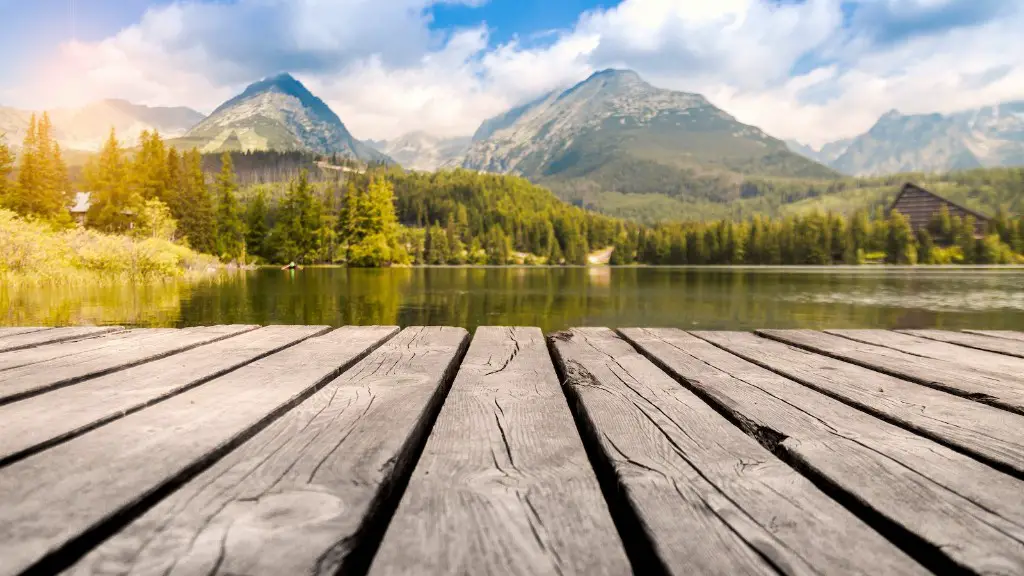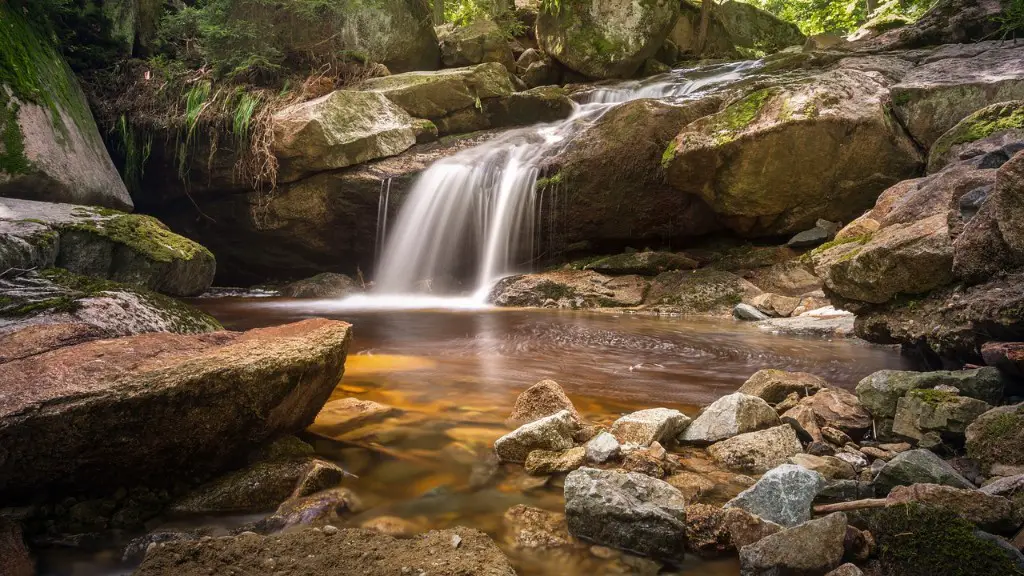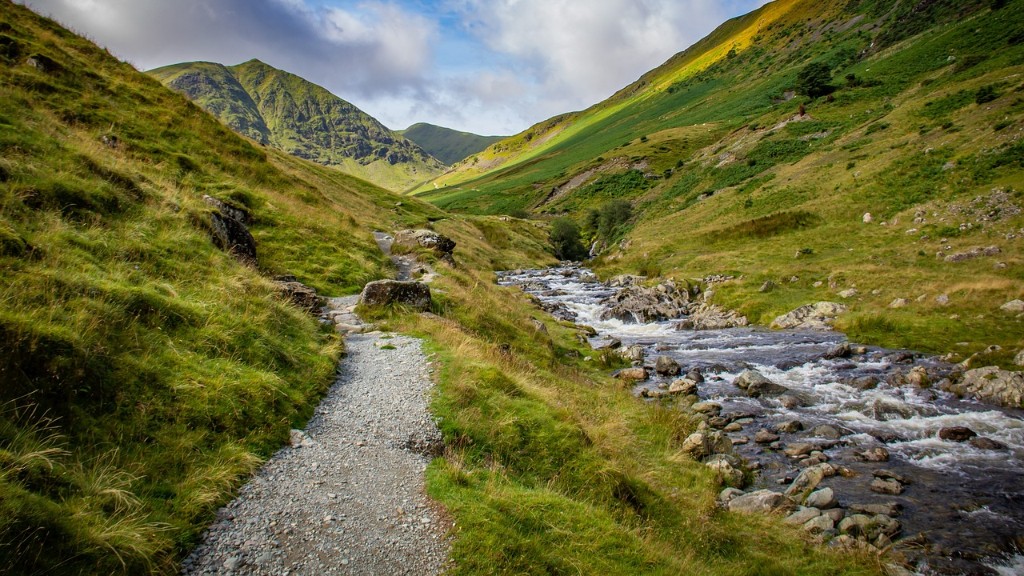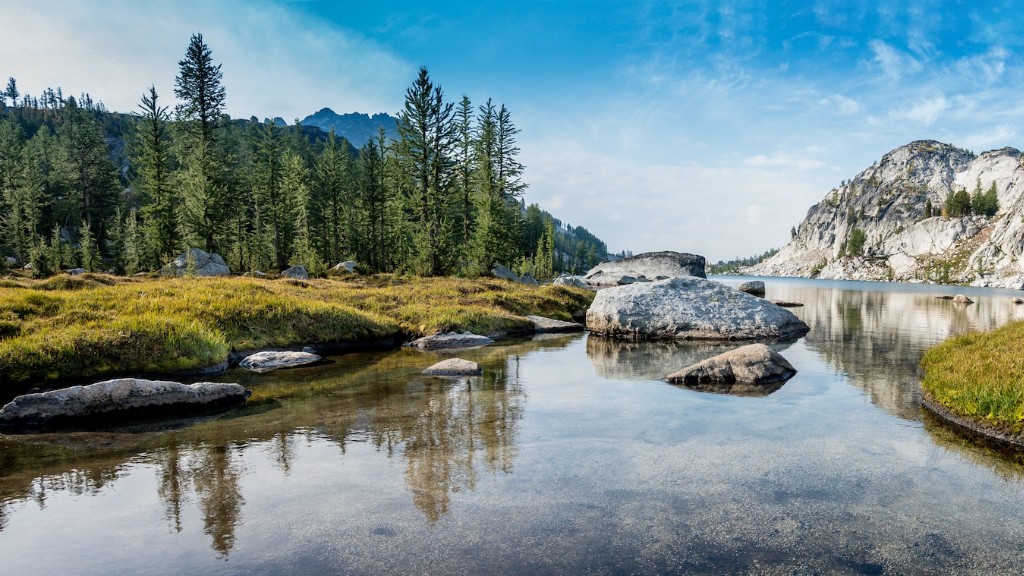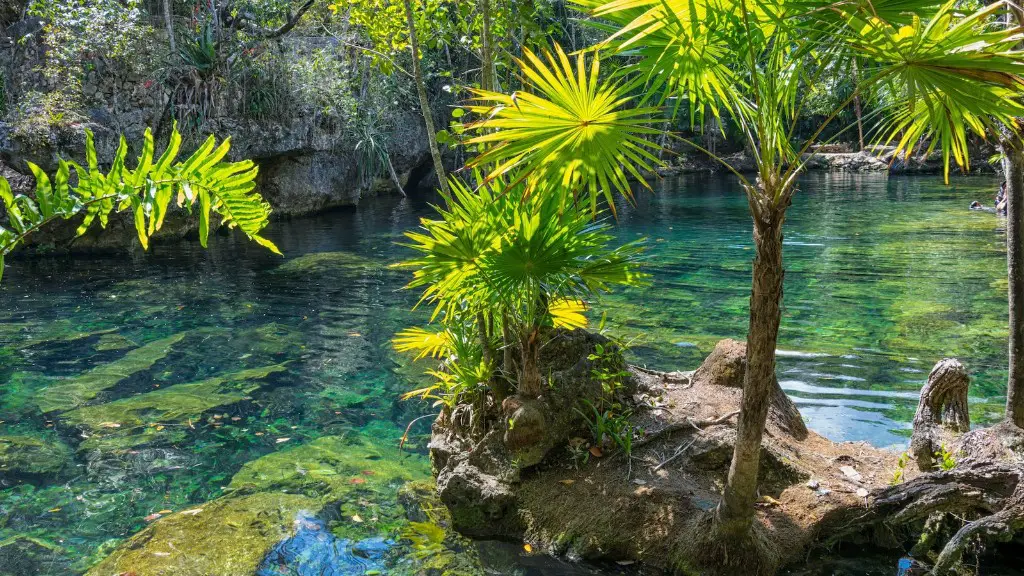The Mississippi River Delta is one of the most incredible sites in the world and has been a major source of food, fuel, and transportation for centuries. Making up the southeastern corner of Louisiana, Mississippi River Delta is a large, diverse wetland and agricultural area situated along the Mississippi River. It is sometimes referred to as the “Delta Region” or “Lower Mississippi River Delta”. The creation of the Delta as we know it began nearly 7,000 years ago and has continued to evolve over time.
The Mississippi Delta is both vast and important. It covers about 14,500 square miles and is the seventh largest delta in the world. The delta region is the result of complex hydrological and geological processes that occurred over time, allowing sediment to accumulate along the banks of the Mississippi River. The Delta activities occur along almost a 1,000-mile stretch of the river from Illinois to Louisiana and from Alabama to western Tennessee, and it is now home to 1.2 million people and growing.
The Mississippi River Delta plays an essential role in the economy, ecology, and culture of the region. The Mississippi River has historically been an important highway for transportation, providing goods and goods between the Midwest and the Gulf Coast. It also serves as a major source of food for the region, providing food for fish, shrimp, crabs, and other marine species, as well as vital nutrients for plants. The delta is also home to a vast array of wildlife species and is an important part of the region’s ecology.
The Mississippi Delta is constantly changing. As the river shifts, the sediment is constantly being deposited, creating new wetlands and shifting ecological boundaries. This process, known as “Delta building”, is often considered one of the primary drivers of the Delta’s constant change. The Mississippi River Delta also provides a unique environmental challenge that requires a delicate balance between human development and preservation of ecosystem services of the Delta, such as storm and river flooding protection, water storage, habitat production, fish and wildlife habitat, recreational activities, and sediment sources.
Delta restoration has been and continues to be an important focus of regional conservation efforts. The US Army Corps of Engineers has undertaken projects to restore wetlands, improve infrastructure, and restore the area from past development. Local and state governments have created conservation programs to protect and restore the Delta’s lands, waters, and ecology. Organizations such as The Nature Conservancy are working to protect the unique and fragile ecosystems of the Delta.
Scientists and experts in the region have identified a number of major challenges facing the Delta, such as rising sea levels, increasing temperatures, and changes in land cover and land use. These challenges will require sustained and informed management to ensure the Delta remains an important source of food, fuel, and transportation for Louisiana and the nation.
Changing landscape
The Mississippi River Delta is an ever-changing landscape. Its topography has changed dramatically since its formation due to the sedimentation of the river and its tributary streams. The delta is composed of three main marshland areas, the Mississippi Delta, the Atchafalaya Delta, and the Teche Delta. All three of these delta areas provide important habitat for an array of species, including fish and wildlife, shellfish, and vegetation. The delta is constantly changing due to the shifting of the river, with the main stream of the Mississippi River shifting by about 1,500 feet per year.
The sediment brought down by the Mississippi River is the main factor that contributes to the creation of the Delta. This sediment is deposited into the Delta in a variety of ways, including seasonal floods and dredging. Over time, this continual deposition helps to create new landforms, such as wetlands, islands, and land ridges. The deposition of sediment also helps to buffer the Delta from waves and storms coming from the Gulf of Mexico, which helps protect the delta’s coastlines.
The Mississippi River Delta is also affected by human activities, such as the construction of the Old River Control Structure in the 1960s and subsequent levees, canals, and other structures. These interventions by humans have provided additional buffer to the delta region, but have also caused the river to continually flow faster and further, resulting in greater erosion.
Management and preservation
The Mississippi River Delta is managed to ensure the preservation of its valuable and delicate ecology and habitat. A number of programs and initiatives have been put in place to protect the Delta, including legislation, regional planning, and education and outreach. Programs such as the National Estuarine Research Reserve System help to coordinate research and management efforts for the Delta.
The People’s Trust for Endangered Species is a national organization devoted to the conservation of endangered species and habitats across the country, including the Mississippi River Delta. The Mississippi River Delta Restoration Project is a multi-partner organization dedicated to restoring the Mississippi River Delta through a variety of means, including restoration of wetlands, river channels, and bottomland hardwoods. Other groups and organizations in the region, such as the Mississippi River Delta Alliance, are working together to collaborate on conservation efforts to protect the Delta and its wildlife.
In addition to implementing programs to protect the Delta, there are also a number of strategies in place to educate the public on the importance of protecting the region’s ecology. These include outreach programs to teach communities about the importance of protecting the Delta, as well as efforts to involve the public in local conservation projects.
Tourism and Recreation
The Mississippi River Delta region is an attractive destination for tourists and offers a variety of recreational opportunities. The Delta is home to a variety of bird species, including bald eagles, brown pelicans, and cormorants. Fishing, hunting, and birdwatting are popular activities, as well as kayaking and canoeing on many of the inland waterways.
The Delta is also home to numerous cultural attractions, including the city of New Orleans with its rich French, Spanish, and Caribbean heritage. There are also a number of museums and art galleries in the region, as well as numerous music festivals and other cultural events. The Delta region is also home to historic sites such as the Chalmette National Historic Park, which is home to the battlegrounds of the Battle of New Orleans.
The Delta is also a popular destination for retirees and those looking for a more relaxed lifestyle. Several retirement communities are located throughout the region, as well as numerous RV parks and campgrounds. The Delta is also home to a number of golf courses and other recreational facilities.
Environmental implications
The loss of the Mississippi River Delta’s wetlands, rivers, and other habitats have had a number of implications for the environment. The loss of these habitats leads to an increase in the amount of sediment deposited into the Gulf of Mexico, which can lead to the degradation of aquatic habitats. Loss of wetlands can also reduce the region’s ability to absorb floods and filter pollutants, as well as reduce water storage capabilities. Loss of habitat has also been linked to a decrease in biodiversity in the region.
In addition to the environmental impacts, the reduction of the Delta’s habitat has also had an economic impact on the region, as tourism and fishing industries have declined in recent years. This has had a ripple effect on the community, from reduced recreational opportunities and decreased job opportunities to increased flooding risks.
Therefore, it is important to protect the Mississippi River Delta and its fragile ecosystem. This is being done through a variety of initiatives, from conservation programs and wetland restoration projects to public education and outreach. These efforts will help to ensure the Delta continues to be an important source of food, fuel, and transportation for Louisiana and the nation.
Economic Benefits
The Mississippi River Delta has a significant impact on the region’s economy. It provides a critical habitat for fish and wildlife, as well as food and fuel for people who live and work in the area. It also provides a valuable source of recreational opportunities, tourism, and commercial activities. The Delta is a vital source of shipping, with three deep-water ports in the region.
The Mississippi River Delta also provides a wide range of economic benefits beyond direct economic gains. The wetlands in the Delta are an important carbon sink, capturing and storing carbon dioxide in the soil and vegetation, helping to reduce carbon dioxide levels in the atmosphere and help mitigate the effects of climate change. The Delta also serves as an important buffer against hurricanes and storm surges, helping to reduce the severity of damage and protect people, property, and critical infrastructure.
The Delta is a vibrant, diverse region that is important for businesses, communities, and wildlife alike. Protecting and preserving the Delta is important for the health of the region and for the nation, and for the benefit of future generations.
Political Issues
The Mississippi River Delta is an area of intense political activity, as stakeholders from the region and from around the U.S. fight for their interests. Federal, state, and local governments are involved in the debate over how best to manage and protect the Delta’s resources and its fragile ecosystem. This debate has included everything from the construction of new dams, dredging projects, and groundwater management to the restoration of wetlands, the creation of new reserves, and the enforcement of new regulations.
The political debate over the Delta is a complex one and often reflects conflicting interests between various stakeholders in the region, as well as local political agendas. It has been difficult to reach a consensus on how to best protect the Delta, particularly given the economic and environmental importance of the region. However, recognizing the vital role of the Mississippi River Delta in sustaining an economy and maintaining a healthy environment is an important first step in finding a way to protect the Delta.
The Delta is an important part of the region’s heritage and culture, and it is essential that the region’s inhabitants work together to preserve its resources and protect its delicate ecosystems. A strong political consensus is needed in order to ensure the long-term sustainability of the Delta and its resources for future generations.
